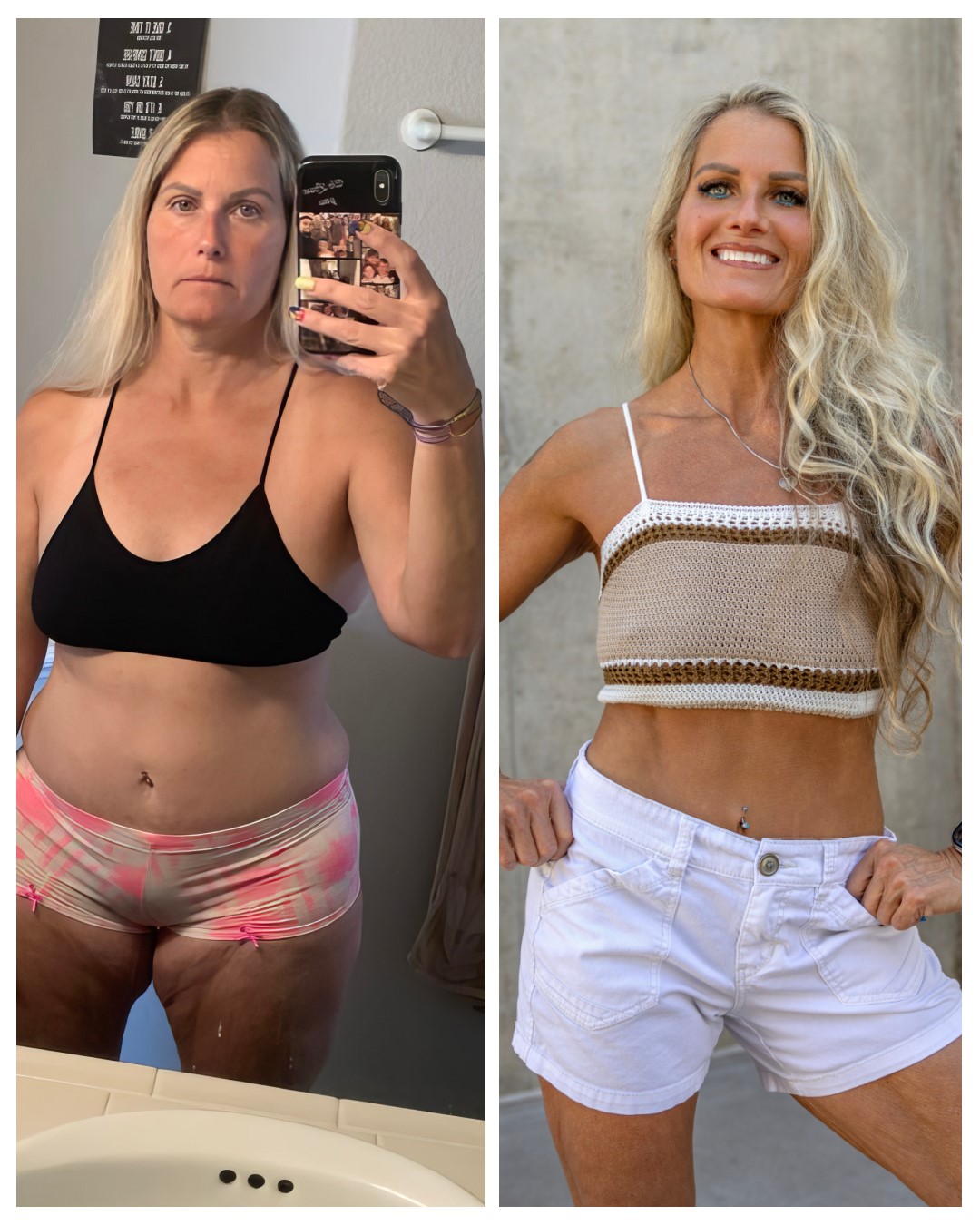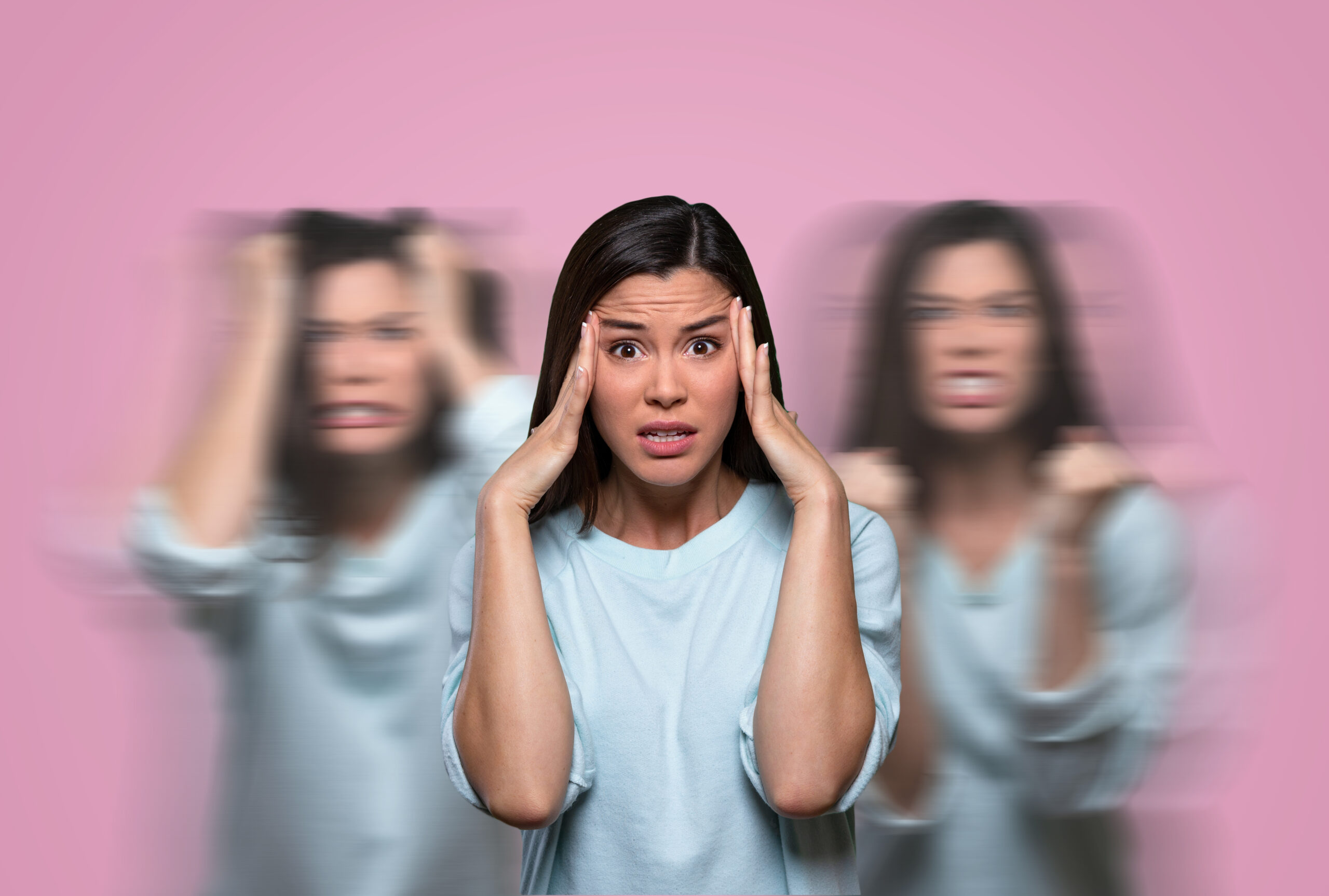
HOW MENTAL HEALTH AFFECTS PHYSICAL HEALTH
Mental health and physical health are inextricably connected. The idea that the mind and body are separate entities is an outdated notion that fails to capture the complex interplay between them. Today, we understand that what happens in the mind can significantly impact the body, and vice versa. This mind-body connection has profound implications for both well-being and healthcare, making it essential for us to explore how mental health affects physical health in powerful ways.
Mental health conditions, such as depression, anxiety, and stress, can manifest physically, leading to real, tangible consequences for our bodies.

The Hidden Link Between Mental and Physical Health
We often think of mental health problems as solely affecting our emotions, thoughts, and behaviors. While these are important aspects of mental health, the impact goes far beyond the psychological. Mental health conditions, such as depression, anxiety, and stress, can manifest physically, leading to real, tangible consequences for our bodies.
When we experience mental health issues, our brains release hormones such as cortisol (the stress hormone) and adrenaline, triggering the body’s “fight or flight” response. While this response is useful in short bursts, chronic activation of this system can have long-term negative effects on physical health. For instance, elevated cortisol levels can lead to weakened immune function, high blood pressure, and increased susceptibility to infections.
People suffering from conditions such as depression and anxiety are more likely to experience headaches, back pain, and general muscle soreness.

The Physical Symptoms of Mental Health Disorders
Chronic Stress and Heart Health: One of the most significant ways mental health affects physical health is through the cardiovascular system. Chronic stress, anxiety, and depression have been linked to heart disease, including high blood pressure, arrhythmias, and a greater risk of heart attacks. Stress increases heart rate and constricts blood vessels, which places additional strain on the heart. Over time, this can contribute to the development of cardiovascular diseases, even in individuals who appear physically healthy.
Immune System Dysfunction: Mental health struggles can also impact the immune system. Stress, depression, and anxiety can suppress the immune system’s ability to fight off infections. This means that individuals suffering from mental health issues are more likely to experience frequent colds, flu, and other infections. Studies show that those with chronic mental health disorders tend to experience slower recovery times from illnesses, reinforcing the connection between mental and physical well-being.
Digestive Disorders: The gut and the brain are closely linked through what is known as the “gut-brain axis.” The brain communicates with the gut via a complex system of hormones and neurotransmitters. Mental health disorders, particularly anxiety and depression, can lead to digestive issues such as irritable bowel syndrome (IBS), acid reflux, and bloating. Conversely, gastrointestinal discomfort can exacerbate mental health symptoms, creating a vicious cycle.
Sleep Disturbances: Sleep is another area where mental health has a significant impact on physical health. Anxiety, depression, and other mental health challenges often lead to sleep disturbances, such as insomnia or oversleeping. Poor sleep affects the body’s ability to repair and regenerate, increases inflammation, and impairs cognitive functioning. Over time, sleep deprivation can contribute to chronic conditions such as obesity, diabetes, and even neurodegenerative diseases.
Chronic Pain and Musculoskeletal Disorders: Chronic mental health issues are also linked to musculoskeletal pain. People suffering from conditions such as depression and anxiety are more likely to experience headaches, back pain, and general muscle soreness. This pain is not always due to an identifiable physical injury but is rather a result of the brain’s response to stress and emotional distress. Mental health can amplify the body’s experience of pain, leading to a lower pain threshold.
Whether it’s a brisk walk, yoga, or strength training, exercise is a cornerstone of holistic well-being.

The Role of Physical Health in Mental Wellness
It’s important to recognize that the relationship between mental and physical health is bidirectional. Just as mental health impacts physical health, physical health also plays a critical role in mental well-being. Chronic physical conditions such as diabetes, heart disease, and obesity can contribute to the onset or exacerbation of mental health issues. The stress and limitations caused by these physical conditions can lead to feelings of hopelessness, depression, and anxiety. This interconnectedness emphasizes the need for integrated healthcare that addresses both physical and mental health.
Bridging the Gap: How to Improve Both Mental and Physical Health
The good news is that improving mental health can lead to substantial improvements in physical health—and vice versa. Here are some strategies for maintaining a healthy mind and body:
Exercise: Regular physical activity is one of the most powerful ways to improve both mental and physical health. Exercise releases endorphins, which are natural mood elevators. It can help reduce anxiety, depression, and stress while improving cardiovascular health, increasing energy levels, and promoting better sleep. Whether it’s a brisk walk, yoga, or strength training, exercise is a cornerstone of holistic well-being.
Mindfulness and Stress Reduction: Practices such as meditation, deep breathing exercises, and yoga can reduce stress and promote a sense of calm. These practices help regulate the body’s stress response, lowering cortisol levels and reducing inflammation. Mindfulness can also help people manage chronic pain and improve sleep quality, leading to better overall health.
Healthy Diet: A balanced, nutrient-rich diet plays a vital role in maintaining both mental and physical health. Nutrients such as omega-3 fatty acids, vitamins, and minerals are essential for brain function and mood regulation. Eating a well-rounded diet can improve mood stability, energy levels, and cognitive function, while also reducing the risk of chronic illnesses like heart disease and diabetes.
Social Connections and Support: Social isolation is a significant risk factor for both mental and physical health problems. Engaging in positive social interactions, seeking support from loved ones, and participating in community activities can reduce feelings of loneliness, anxiety, and depression. Strong social connections also promote better cardiovascular health and immune function.
Professional Help: Seeking professional help when struggling with mental health issues is essential. Therapy, counseling, and medication can make a profound difference in mental health, which in turn improves physical health. A healthcare provider can help develop a personalized plan to address both the mental and physical aspects of well-being.
Only by nurturing both will we unlock the full potential of health—mental, physical, and beyond.

The relationship between mental health and physical health is undeniable. Our minds and bodies are deeply interconnected, and mental health issues can manifest in a range of physical ailments. By acknowledging and understanding this connection, we can make more informed decisions about our health, take a more integrated approach to self-care, and build stronger, more resilient bodies and minds.
We cannot afford to treat mental health as separate from physical health. To achieve true wellness, we must recognize that both aspects of our well-being are equally important, and their interconnectedness cannot be ignored. Only by nurturing both will we unlock the full potential of health—mental, physical, and beyond. INSPIRE

More From INSPIRE Spring 2025 Issue

INSPIRE Magazine: How Mental Health Affects Physical Health
This mind-body connection has profound implications for both well-being and healthcare, making it essential for us to explore how mental health affects physical health in powerful ways.

INSPIRE Magazine: How To Find Fun In Every Workout
Finding fun in your fitness routine doesn’t just make the process more enjoyable; it can also enhance your motivation, consistency, and overall results. Here’s how you can infuse fun into every workout, making exercise something to celebrate rather than endure.

INSPIRE Magazine: Teresa Moss – How This IPL Pro Champion Triumphed Through Challenge
“We are all capable of extraordinary transformation. Sometimes, all it takes is one person to show us the way. If I can be that person for someone, I’ll know I’ve made an impact.”

INSPIRE Magazine: Self-Care In A Busy World
We juggle multiple responsibilities, racing through the day with little time to rest or reflect. Yet, taking care of ourselves is not just a luxury—it’s a necessity for maintaining mental, emotional, and physical well-being.

INSPIRE Magazine: Simple Habits For A Happier, Healthier You
Achieving lasting happiness and health doesn’t require a complete overhaul of your life—it’s about implementing small, sustainable changes. By focusing on the basics and making simple adjustments to our daily routines, we can cultivate a happier, healthier version of ourselves.

INSPIRE Magazine Cover Story: Rochelle Matter – Details Her Amazing Transformation Journey – And She’s Not Done Yet!
“Starting a fitness journey or entering competitions at 54, I’m living proof that it’s never too late to redefine your health and fitness goals.”

IPL Women’s Bodybuilding, Athletic & Evening Gown Athlete Rochelle Matter Lands Cover Of INSPIRE Magazine
“Seeing myself on the cover of INSPIRE Magazine is a surreal experience. It truly shows me that all the efforts and challenges were worthwhile. It brings a big smile to my face and tears to my eyes, proving doubters wrong and turning them into believers.”
More From INSPIRE Magazine

INSPIRE Magazine: Your Inner Critic And How To Use It
We all have that little voice inside our heads that is quick to point out our flaws and tell us we’re not good enough. But don’t worry, the good news is your inner critic can become your best friend.

INSPIRE Magazine Cover Story: The Epitome Of Inspiration! New IPL Pro Adrienne Akinsete Is 68!
“…a healthy lifestyle can lead to profound changes, both physically and mentally. By sharing my story, I hope to inspire others to embark on their own journeys toward health and wellness, proving that it’s never too late to start living your best life.”

INSPIRE Magazine: Jennifer McFarland From Shy & Insecure…To Sexy, Outgoing IPL Bikini Model Pro!
“The turning point for me was recognizing the importance of my health and wanting to set a good example for my children.”
